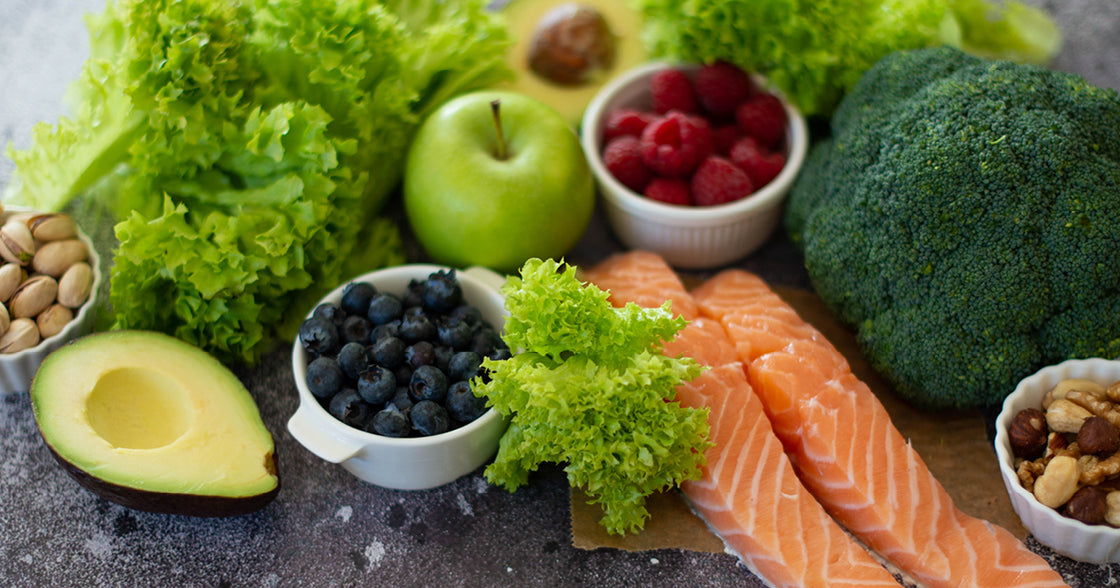A heart-healthy diet doesn’t have to be boring. It can be every bit as delicious, nutritious, and colorful as your favorite meals, trust us.
Whether you’re trying to start small healthy dietary habits now or making a big change to your existing diet, eating a heart-friendly diet is easier than it sounds. Arm yourself with basic knowledge about labels and portions and you’re on your way to treating your heart to the care it deserves.
Load up on colors.
Dark, leafy greens, vibrant citrus fruits and berries, and other colorful veggies don’t just taste great — they’re good for your overall wellness too. If you struggle to eat an adequate amount of veggies, add carrots, celery, kale, or spinach to your daily smoothie or green juice for an extra serving you won’t even taste.
Eat lean meats.
Protein is important, and meat is a great source of protein. If you’re a meat-eater, opt for lean meat or leaner cuts versus full fat or swap turkey in place of beef. We’re not saying you can’t enjoy a hot dog or a steak every once in awhile, but try to indulge in moderation.
Take a trip to the Mediterranean.
You’ve probably heard all about the Mediterranean diet: lots of fish, olive oil, whole grains, and tons of veggies. Sounds so good, right? Try doing a Mediterranean-style dish once or twice a week to get more of those feel-good omega-3s.
Check labels.
When shopping for something new, give the Nutrition Facts a quick glance. Pay special attention to the sodium and saturated fats portion of the label, as those are two major watch outs when trying to eat a heart healthy diet. Plenty of companies offer low sodium or no sodium alternatives to their bestselling products, but sodium is sneaky — you may find there’s much more sodium in food than you originally thought, including canned veggies. When buying nuts, buy unsalted.
Learn the difference between good fat and bad.
Fat is essential in our daily diet, but there’s good fat and bad fat, and it’s important to know the difference. Healthy fats come from things like olive oil, avocados, and nuts, while saturated fats are found in things like butter and creamy salad dressings. However, some things you may think are an OK swap, like coconut oil, may be high in saturated fat, so be sure to talk to your doctor before you make any big changes. And remember, everything in moderation!
Eat smaller portions.
Resist the urge to fill your plate full and eat every single bite. Try swapping your large dinner plate for a smaller size or concentrate on portions; do a little research to figure out what one serving of your favorite foods actually is. Chances are it’s smaller than you think!
Treat yourself in moderation.
We live in a “treat yourself” culture, but you may want to reframe how you treat yourself if you’re trying to eat a heart-healthy diet. Instead of having a glass of wine every night, swap it for tea. Resist the urge to end every meal with a sugary dessert. Try treating yourself to a bubble bath, a massage, or a relaxing evening in with a good book or TV show.
